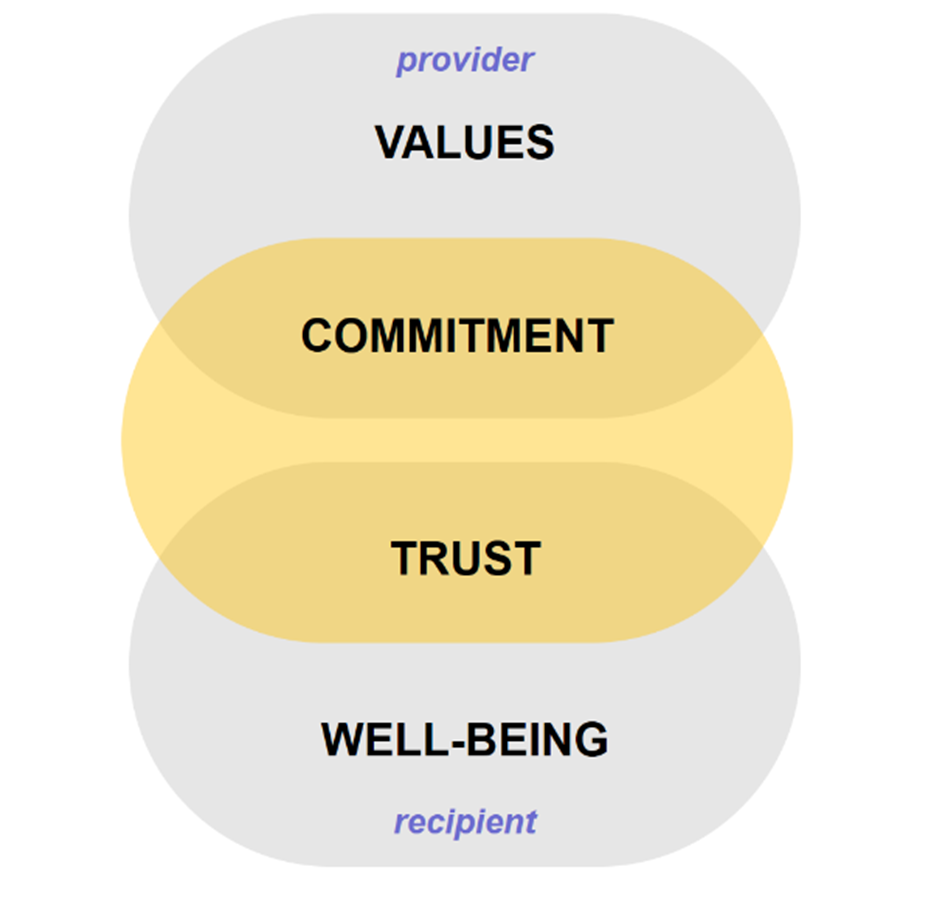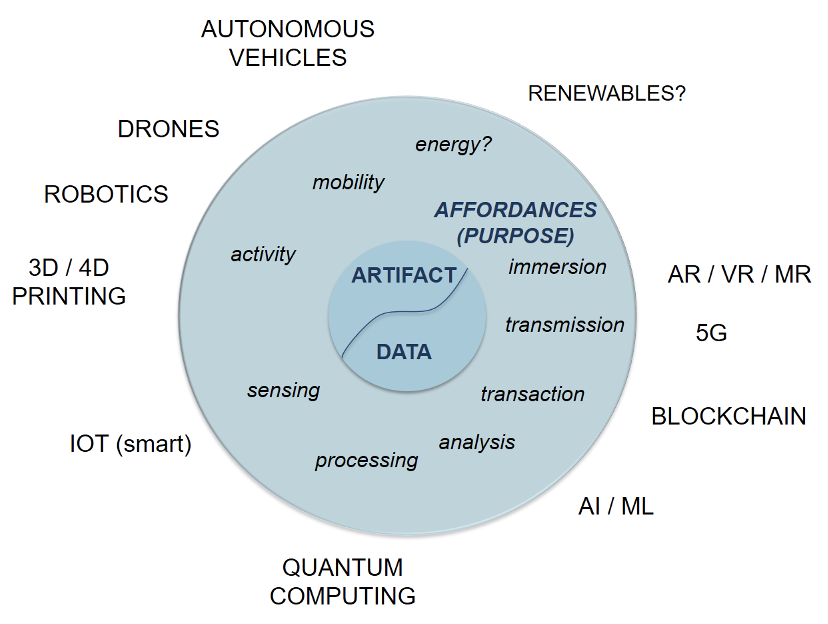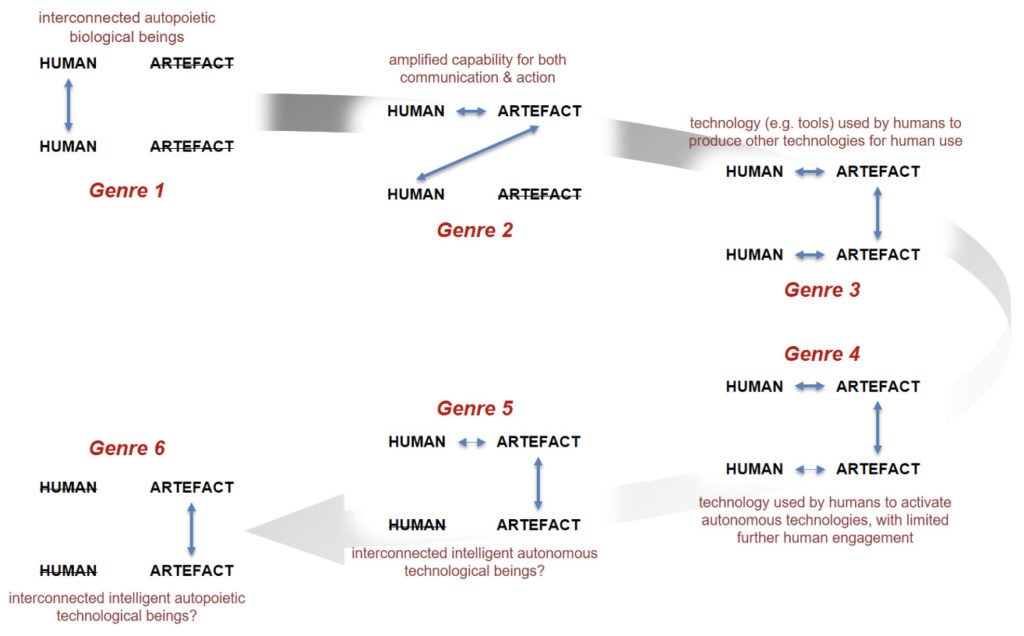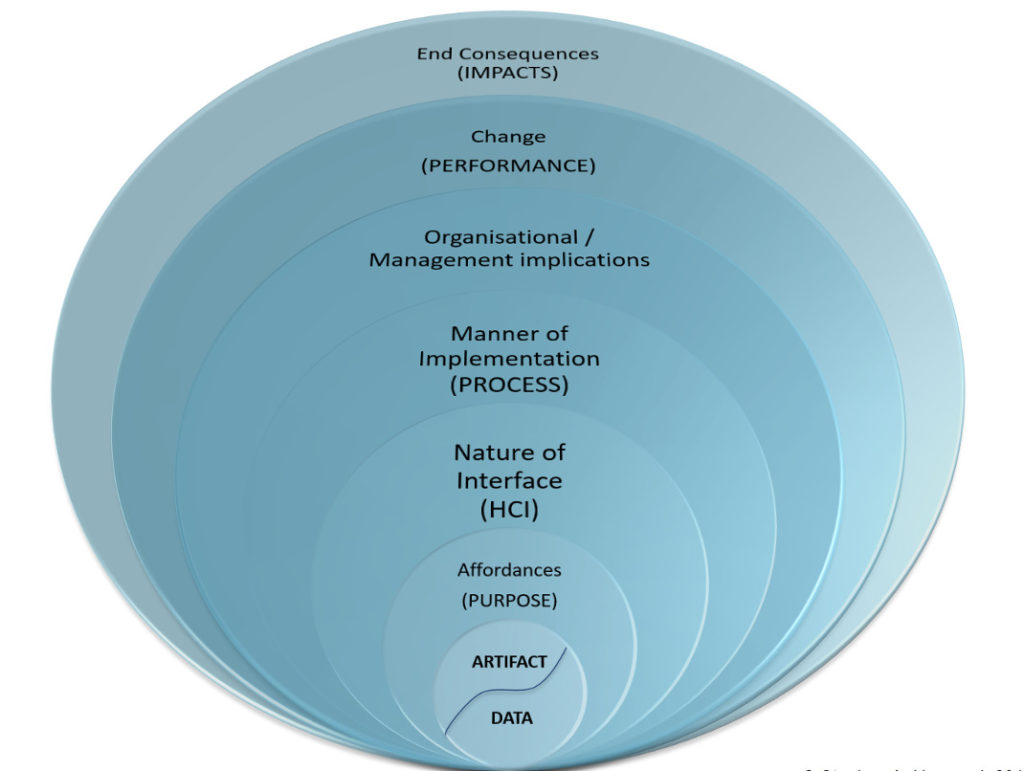This blog provides an overview of the topics covered. Earliest blogs related to topical issues and early research, especially into Scottish tourism. The more recent blogs focus upon the handling of social complexity and issues relating to emerging technologies and sustainability.
Humanity
2025, Nov. Where to Go - The Lost Childhood of a Chid Soldier Tomorrow's Affairs. 20th November, 2025. Link
This commemorates Worlds Children's Day by reflecting upon those children suffering from poverty and, in particular, those affected by, conflict especially those caught up in armed groups as child soldiers, drawning upon the experience of two from the DRC.
2025, Aug. Tantalum: the hidden cost to our everyday existence Tomorrow's Affairs. 2nd August, 2025. Link
This commemorates GENOST Memorial Day in order to remember the many millions of Congolese who have been maimed, murdered or displaced by those whose greed for power and money is greater than their concern about humanity. The 2nd August is the day the Second Congo War started in 1998.
2024, Nov. A lost childhood in Sudan Tomorrow's Affairs. 20th November, 2024. Link
This commemorates World Children's Day by focusing upon the the horrors taking place in Sudan
Sustainability
2024, Apr. All is Well: Humanity Saves Itself, but if... (2). Tomorrow's Affairs. 20th July, 2024. Link
This is the sequel to the previous article 'All is Well: Planet Earth is Safe (1)'. It commences with prophetic narrative 'The Machine Stops' written by E.M. Forster in 1909 about people living underground due to the destruction of the Planet’s Biosphere. The question is raised of whether Forster's vision will become a reality with Thomas Mathus's proposal in 1798 of famine, war and pestilence regulating the world's population, manifesting in today's global food crisis, conflicts and recent Covid-19 pandemic. Three forces are proposed that might save humanity: 1] the United Nations, 2] people in their roles within Government, Industry, Universities and Civic Society, and 3] technology. However, the driver will be the values of Civic Society. As younger generations become more informed about the damage to their futures, their voice will be increasingly heard, joined by the rest of Civic Society. Governments, Industry and the rest need to listen and act.
2024, Apr. All is Well: Planet Earth is Safe (1). Tomorrow's Affairs. 22nd Apr., 2024. Link
Planet Earth has been around for around 4,5 billion years and has demonstrated resilience having experience 5 mass extinction over the period life has existed. However, there are symptoms that changes, particularly since 1950, are happening a lot faster than before. The question is whether these changes are terminal for humanity and other creatures? Irrespective, if this transition is a human initiated sixth extinction of humans and other creatures, then, all is still well. Planet Earth’s resilience will prevail and a new form of biodiversity will arise.
2024, Apr. The 'Twin Transitions' of sustainability and digital tech and the implications for learning. 16th Apr., 2024. Link
The notion of ‘twin transitions’ is introduced which is about the mutually reinforcing transformative impacts of sustainable development and digital technology. However, there is a dilemma. The is a need to address sustainability, but technology is Janus faced. Whilst it can support good, there is a harmful dark side. Thus, we can choose how to use technology.
One aspect of this is the impact of emerging technologies upon the work-place. Whilst jobs may be lost , new one are expected to arise. A proactive approach is through the notion of ‘twin transitions’, thereby managing the synergies between sustainable development and technology application. This is everyone’s responsibility, from Governments down to individuals. For individuals, it is the need to develop the ability to reinvent themselves, implying individuals are effective learners, know how to learn and develop the skills that the workplace require, especially the soft skills that include Complex Problem Solving, which calls for holistic approaches.
Technology
2024, May When 'Proceed with Caution' is Ignored, Accountability must still Prevail. Tomorrow's Affairs. 27th May, 2024. Link
This is a sequel to the previous article 'Proceed with Caution'. It examines in more detail, the use of AI by Israel in Gaza. The weaponisation of AI is perhaps an extreme form of AI's potential to have a humanitarian impact. Thus, the aim is to establish whether AI is inherently a 'technology for good', or whether it is human intent that determines the impact of AI applications. It is concluded that, irrespective of intent, accountability must prevail.
2024, Mar. Proceed with Caution. Tomorrow's Affairs. 21st Mar., 2024. Link
Artificial Intelligence (AI) has permeated defence. This article comments about a UK House of Lord’s Report about AI in defence and its recommendations that includes human accountability. This is then considered in the context of International Humanitarian Law (IHL). However, the use of AI in weapons by other nation states is considered. First is the US, which has limited guiding principles. Second is the deployment in the Ukraine-Russia war. The final case is the use of AI by Israel in Gaza. This last example raises the question of what constitutes ‘meaningful human control’.
2023, Dec. Leveraging Technology for Sustainable Development. 4th Dec., 2023. Link.
The notion of affordances is introduced to appreciate the possibilities of specific technologies in supporting sustainability, using the examples of the SDGs. This reflects upon issues raised in previous blogs such as the technology implementation onion, the VSM and the values – well-being’ complex. Indeed, the VSM is used to explore the concept self-regulating (autonomous) technologies.
2022, Dec. The Multiple Dimensions of EDI in the Workplace. Webex Ahead Thought Leadership. 6th Dec., 2022. Link. NEW LINK
This explores what is meant by Equality, Diversity and Inclusion (EDI), then using the Quality Analogy offers a framework for how organisations can handle EDI and how technology can facilitate this.
2022, Nov. Do We Need To Think About Digital Technology In A New Way? Webex Ahead Thought Leadership. 22nd Nov., 2022. Link. NEW LINK
This revisits the values – commitment – trust – well-being complex and uses this complex to explore the topics of sensors and the metaverse. It concludes by proposing the desirability for companies to adopt a “code of commitment” to support the development of trust.

2022, Oct. The work-place MUST go Digital & NOW. Really? Should we not think about this? 29th Oct., 2022. Link
This explores the nature of digital technologies, recognising its multiple levels of composition. The nature of digital transformation is then examined, which invites the question of what constitutes a digital strategy. The technology implementation onion is revisited and explored in more detail.
2022, Oct. My Kingdom for Digital Data. 26th Oct., 2022. Link.
The concepts of data and information are examined. This is followed by an evaluation of the impact of digital technologies on the creation of data with the emergence of data universes, lakes, swamps and graveyards as well as data bodies and digital twins. Concerns include vulnerability to cyberthreats, eWaste and energy demands. This invites questions about governance and sustainability.
2022, Jul. In Tech We Trust. 26th Jul., 2022. Link
Claiming that technology is not neutral, this blog recognises that there are both positive and negative aspects to technology. This leads to the proposal of four related considerations these being the values – commitment – trust (zero/total) – well-being complex.
2022, Apr. Envisioning the future of work: WEBEX by CISCO. 8th Apr., 2022. Link NEW LINK
In exploring the future of work, this blog considers the 6 genres of technology and the technology implementation onion.



2020, May To be tracked or not to be tracked, that is the question. 19th May 2020. Link
This explores different digital approaches to contact tracing for COVID and concerns
Managing Social Complexity [a cybersystemics lens]
2023, Nov. Organisational Change Revisited. 28th Nov., 2023. Link.
This examines approaches to managing organisational change, this including the different dimensions of change. It concludes by offering a framework for making sense of the factors to consider when managing change.
2021, Feb. How to Organise in Order to Manage Complexity. 19th Feb., 2021. Link
This provides an overview of the VSM. the VIPLAN Method, which supports the use of the VSM and VIPLAN Methodology. It evaluates the underlying assumptions of Positivism – Interpretivism, Pragmatism and Performativity.
2021, Jan. The Multiple Views of Cybernetics. 30th Jan., 2021. Link
This offers an overview of cybernetics, in particular second order cybernetics as well as the notion of third order cybernetics. This is examined using the examples of quality management and the Scottish tourism industry.
2021, Jan. Making sense of complex situations. 10th Jan., 2021. Link
Following an outline of what constitutes a messy / wicked situation, the concept of a rich picture is introduced as a means to make sense of these types of situation. The rich picture is the first activity of the VIPLAN Methodology, an approach that offers a means to handle complex situations.
2020, Jun. Transforming my university course for a COVID world – but how? 10th June, 2020. Link
This outlines one approach for making sense of what is required to transfer a course delivered in-person to an online delivery mode.
Tourism
2020, Jul. View of tourism in Scotland & Edinburgh - insights from nearly two decades of research. 20th July, 2020. Link
This provides an overview of my research into Scottish Tourism. This spans a range of topics that include hotelier online presence, industry dynamics, authenticity and Edinburgh’s Royal Mile. It was hosted by the Edinburgh organisation Place.
Science Fiction
2020, Mar. A life beyond Singularity - artificial general intelligence. robots & the rest? 16th March, 2020. Link
I wrote this blog a few years before COVID, about E.M. Forster ‘s narrative 'The Machine Stops' written in 1909!!! However, I published it on LinkedIn as the lockdown experience was starting to resonate so strongly with this 1909 account.












